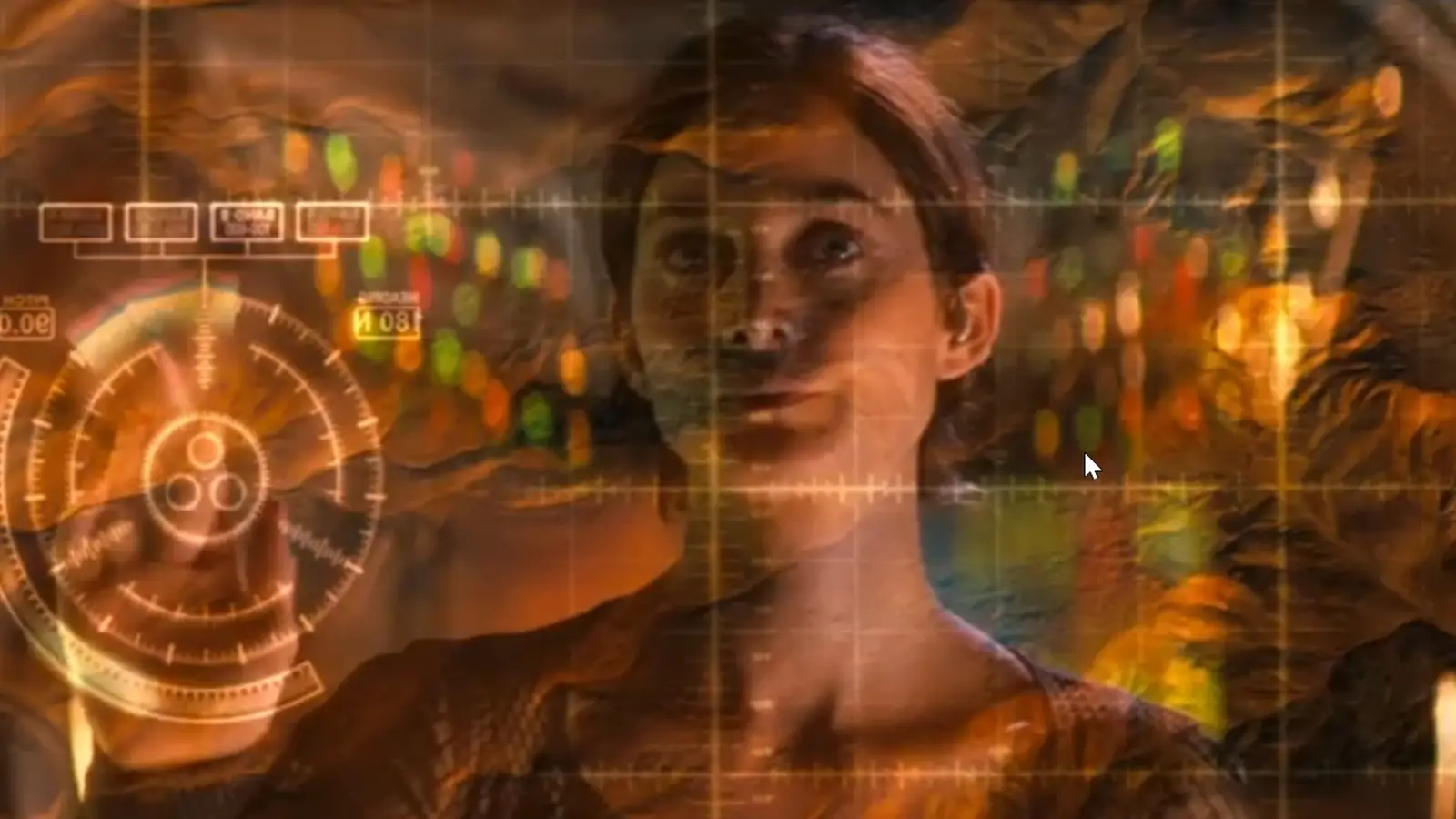Copyright Polygon

It is 2025, and we are making the necessary steps to colonize Mars. That is the set-up to Red Planet, a sci-fi movie that is now 25 years old and manages to feel lightly optimistic, despite being premised on Earth becoming uninhabitably polluted. At least in this movie, the colonization of Mars is a feasible project, and not a future trillionaire’s ketamine dream. It was not the only 2000 movie that ventured to Mars, either. Earlier in the year, Brian De Palma made what would become his final big-budget studio production with Mission to Mars, set under what the movie imagines to be the less dire circumstances of 2020. Put together, the two made a little more money worldwide than Space Cowboys — and without Clint Eastwood’s trademark thriftiness. Even in their best moments, these projects explain why Mars became such forbidden territory in movies in the decades that followed. Mars is still out of reach for a manned mission, let alone actual colonization, but it’s loomed for years as a natural next step in imaginary space travel. Mission to Mars and especially Red Planet throw back to the 1950s, when multiple sci-fi movies had Mars missions going awry with astronauts encountering various creatures or hidden civilizations. Both 2000 films start off with such earnest imitations of clunky sci-fi from another era that they threaten to put off viewers immediately: Mission to Mars introduces several of its characters in a barbecue scene (admittedly well-choreographed by De Palma) full of cornball dialogue, and Red Planet opens with narration from Commander Kate Bowman (Carrie-Anne Moss) read with such uncannily robotic stiffness that it sounds like a computer program. Fortunately, the voiceover doesn’t last. After mission head Bowman clunkily introduces her crew (played by Val Kilmer, Tom Sizemore, Benjamin Bratt, Simon Baker, and Terence Stamp) and their basic mission of investigating why a terraforming process begun by atmosphere-producing algae appears to have halted, the movie gets into familiar but well-rendered space-movie logistical problems. When the larger ship is damaged, Bowman must keep it in orbit while sending the rest down to Mars in a landing craft, which is then damaged. More complications: the main ship will fall out of Mars orbit in 31 hours, the base on the surface of Mars has been destroyed, and communications between the ship and the surface initially fail. Sometimes superficially similar movies that come out in the same year are drastically different in practice (see Antz and A Bug’s Life). This is not the case with the Mars movies of 2000; Mission to Mars also follows a freak accident that disables a Mars-orbiting ship and causes potentially deadly chaos as the crew scrambles to land under less-than-ideal circumstances. In a terrific extended sequence from master stylist De Palma, the ship is breached by a meteorite storm, forcing the astronauts to abandon it and ride a smaller supply module down to the surface of the planet. De Palma’s smooth, gravity-defying camerawork outdoes anything in Red Planet, but once Mission actually arrives on Mars, it begins to collapse into dopey woo-woo about the secret origins of life. (The would-be emotional climax basically involves the characters watching a futuristic PowerPoint.) Should the movie’s revelations be dinged as especially implausible, given that it’s a sci-fi adventure movie set in what was then the future? Of course not. But Mars occupies a strange middle ground: It’s a planet that, on some nights, humans on Earth can see with the naked eye, and one that we’ve learned plenty about in the past half-century. It’s still remote enough to maintain some (literally) otherworldly mystery, but the idea of Mars holding universe-altering secrets feels antiquated — somehow less intuitively believable than, say, the far more outlandish (and also somewhat woo-woo) premises of Interstellar. On those terms, Red Planet is the more grounded of the two Mars 2000 movies. But it’s still easy to see why its retro charms would appeal more to sci-fi fans than general audiences, who may not have been looking for a middle ground between the space-thriller realism of Apollo 13 and the crazier alien tech of Star Wars or Independence Day. Even audiences might have been yearning for something more overtly cool, given the presence of Moss, co-star of the then-recent The Matrix phenomenon. Admittedly, when Red Planet does get into more fantastical territory in its final half-hour, it falters in creating genuine suspense. It’s overly clear which characters are expendable (that is, most of them). But before that, it’s a perfectly fun survival thriller. Red Planet has appealing performances from Moss and Kilmer; a baseline level of big-studio craft in its lighting, cinematography, and set design; and some neat sci-fi-magazine touches like a possibly-nefarious robot and strange Martian life forms. Director Antony Hoffman captures some striking landscapes and keeps everything moving at a pace befitting a movie that might have played as a brisk half of a double bill half a century earlier. Red Planet was Hoffman’s only feature, and it seems a little unfair that he would bear the blame for its financial failure. After all, the Mars flops kept coming well after the year 2000. John Carpenter’s Ghosts of Mars has a cult following now, as most of Carpenter’s movies do, but it was a critically derided bomb in summer 2001. The Disney productions Mars Needs Moms and John Carter collectively lost the company somewhere in the neighborhood of $300 million. The Mars curse wasn’t broken until Ridley Scott’s The Martian arrived in 2015, and to some extent it feels like the exception that proves the rule: a realistic astronaut thriller that happens to be set on Mars, without any fantasy elements stronger than its hero not dying. There’s something to be said, though, for the old-fashioned yet relatively grounded pulp that Red Planet provides — especially in its no-frills vision of a 2025 that’s technologically advanced, but still full of janky uncertainties. It doesn’t exactly demystify Mars, but it does signal that maybe colonization isn’t the wondrous exit plan that some people are still imagining today.



